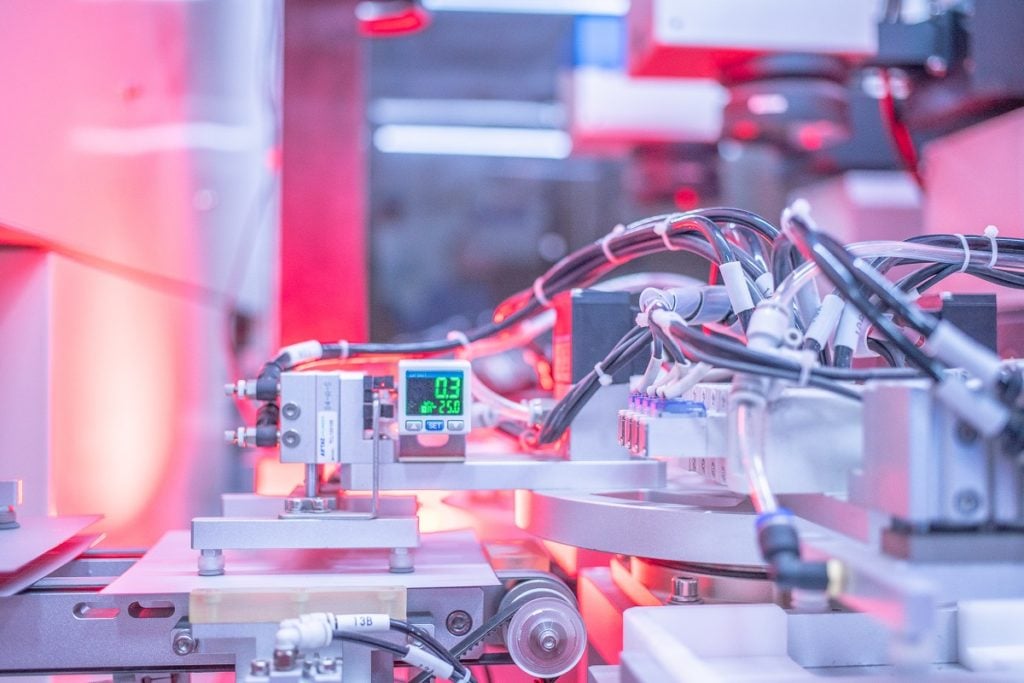
Chinese module manufacturer JinkoSolar is suing rival producer LONGi in Australia for alleged infringement of technology patents.
Jinko’s subsidiaries Jinko Solar Australia Holdings Pty Ltd, Shanghai Jinko Green Energy Management Co., Ltd., and Zhejiang Jinko Green Energy Co., Ltd launched the case on 4 February in the Federal Court of Australia.
Try Premium for just $1
- Full premium access for the first month at only $1
- Converts to an annual rate after 30 days unless cancelled
- Cancel anytime during the trial period
Premium Benefits
- Expert industry analysis and interviews
- Digital access to PV Tech Power journal
- Exclusive event discounts
Or get the full Premium subscription right away
Or continue reading this article for free
It alleges LONGi’s subsidiary Solar Australia Pty Ltd infringed patents held by Jinko on unspecified “key” cell and module technologies. The case has been officially accepted by the Federal Court of Australia, JinkoSolar said, and a first hearing has reportedly been set for 21 February.
It follows a number of other legal actions launched by JinkoSolar against LONGi, notably in China and Japan earlier this year.
“This latest lawsuit in Australia is likely centred on JinkoSolar’s key patent technologies in the photovoltaic sector, involving the design and manufacturing of high-efficiency solar cells and modules,” a JinkoSolar statement said, without giving further details.
PV Tech has contacted JinkoSolar and LONGi for further details and comment on the case.
The move forms part of a broader pattern across the solar industry of producers filing patent lawsuits against rivals in a bid to protect intellectual property. A large number of companies have become embroiled in litigation, including Maxeon, Aiko, Hanwha Q Cells, First Solar, Trina Solar, Runergy, Adani, JA Solar and Astronergy among others.
An investigation by PV Tech Premium last October into the spate of patent lawsuits identified competition and price pressure as key motivations for companies to pursue IP infringements more aggressively.






